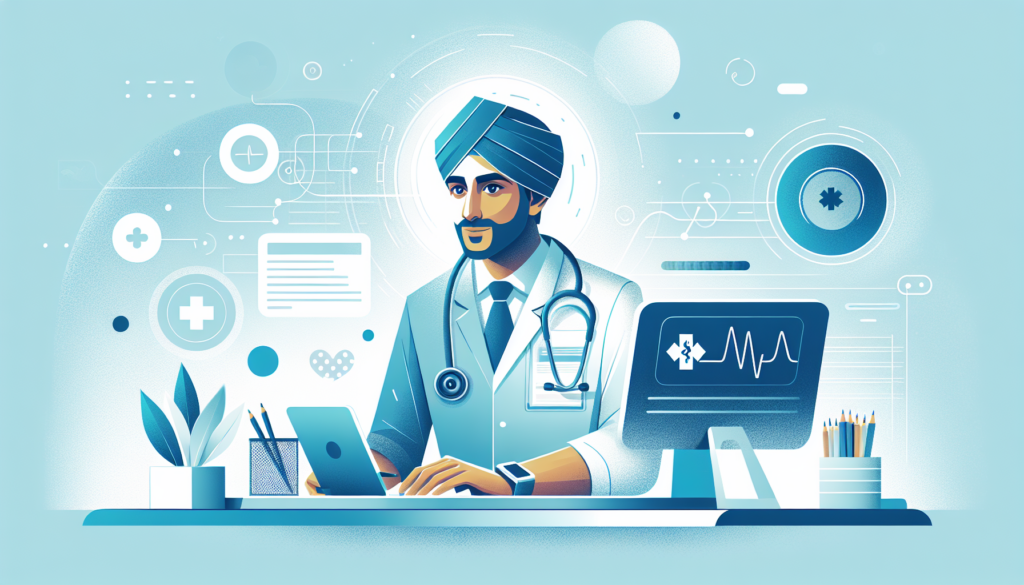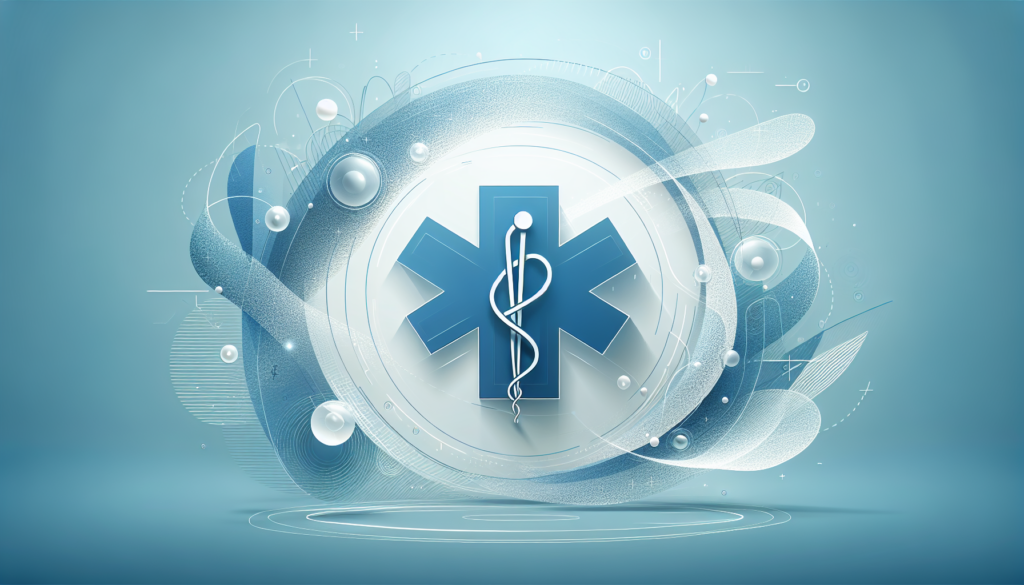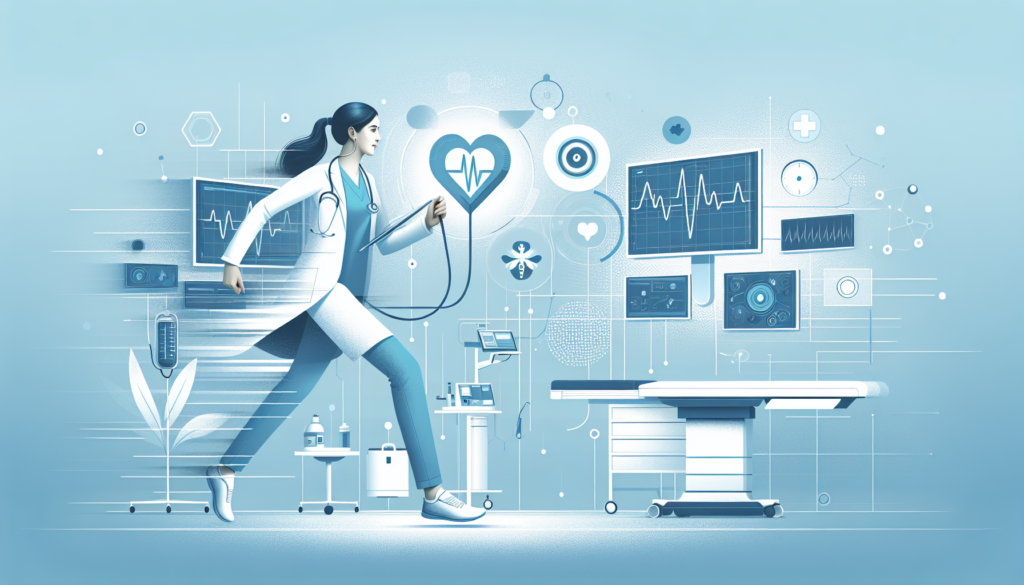The Humorous Side of Healthcare: Funny Medical Notes
The field of healthcare is a fusion of science and humanity, often painted as a somber landscape of clinical diagnosis and treatment. Yet, it’s crucial to remember that physicians, nurses, and patients alike all possess their own quirks and idiosyncrasies, resulting in moments of levity even amidst the seriousness. Funny medical notes are not merely comic relief but serve as reminders of the lighter side of healthcare, illustrating that laughter can be the most unexpected medicine. These humorous snippets range from charming misunderstandings to quirky patient descriptions, inadvertently penned by overwhelmed medical scribes or the medics themselves, prompting chuckles in an otherwise high-stress environment.
Encounters with funny medical notes may arise from a variety of situations. For instance, rushed typographical errors or the misinterpretation of a physician’s dictation can lead to oddly amusing statements on patient records. What should be routine data entry becomes a source of mirth — a prescription for ‘laughter therapy’ that cannot be over-the-counter. Here are some classic examples of how humor can accidentally seep into medical notes:
- “Patient has two teenage children, but no other abnormalities.”
- “She has no rigors or shaking chills, but her husband states she was very hot in bed last night.”
- “The patient was in his usual state of good health until his airplane ran out of gas and crashed.”
While these moments provide a much-needed respite and human connection, they also underscore an essential truth about healthcare: the imperfection inherent in human practice. Medical notes, despite being critical records, can reflect the candidness of daily hospital routines and the reality that healthcare workers are not immune to faux pas. However, the integration of advanced systems like AI-powered digital scribes is steadily transforming the accuracy and reliability of medical documentation, striving to minimize such errors while not detracting from the individuality that brings a smile during a hectic day.
It is this blend of expert care with inadvertent humor that can often transform the medical journey into something a bit more bearable. Whether it’s the staff recalling these slips as shared insider jokes, or patients finding a moment of joy in what are generally considered to be daunting spaces, these hilarious snippets bely a deeper truth: humor is, and will always be, an inextricable and healing aspect of the human experience. So the next time you come across a comical medical note, take it as a gentle reminder that even in the most critical jobs, the human spirit finds a way to express joy and levity.
Navigating Miscommunications: Hilarious Examples from Medical Documentation
Medical documentation is a crucial part of patient care, serving as a record of diagnoses, treatments, and patient encounters. However, the human element in the transcription of these records can sometimes lead to unexpected and often humorous miscommunications. Aberrant autocorrect suggestions, slips of the tongue during dictation, or simple typos can transform standard medical notes into comical treasures. These mishaps showcase the need for more reliable methods like AI-powered digital scribing tools, which can dramatically reduce the rate of such errors.
Picture this: a doctor intends to note that a patient has an “irregular heart rate,” but a small typo turns it into an “irregular heat rate,” suggesting a faulty thermostat rather than a cardiovascular concern. What may elicit a chuckle also highlights the perils of inaccuracies in medical records. Let’s explore some real-world scenarios where clearer communication is not just ideal, but essential:
-
- Intended: The patient has a history of angina – Typed: The patient has a history of angina
- Intended: Recommend physical therapy – Dictated: Recommend psychic therapy
- Intended: Discontinue anticoagulant – Autocorrected: Disco tango anticoagulant
It’s evident that these examples, while amusing, underscore an important issue in medical documentation. They stress the need for meticulousness and precision in an industry where even the smallest miscommunication can lead to confusion or incorrect treatment. Innovative solutions like AI-powered transcription services serve a dual purpose in such a landscape. While they eradicate the potential for human error, they also bring a sense of serenity to medical documentation, ensuring that the context and content are as accurate as the treatments provided.
Laughter is the Best Medicine: Amusing Anecdotes from Clinical Practice
In the high-pressure environment of clinical practice, where medical professionals are often faced with life-and-death decisions, the presence of humor can seem incongruous. Yet, it’s in this exact setting that a dose of laughter can be the most potent remedy. Among the countless patient interactions and medical challenges, there are moments of pure, unintended comedy that can bring both healthcare providers and patients a moment of relief. These rib-tickling incidents often become cherished anecdotes, shared in break rooms and at conferences, reminding us all of the human moments that punctuate the seriousness of medical care.
The benefits of humor in a clinical setting are not merely anecdotal; there is growing recognition in medical literature of its value. Laughter has been shown to reduce stress hormones, increase immune cells, and trigger the release of endorphins, the body’s natural feel-good chemicals. This dynamic not only aids in creating a positive environment for patients and staff but also fosters a sense of camaraderie and empathy. Amusing anecdotes from clinical practice serve as a testament to the resilience and adaptability of those on the medical frontlines, and the laughter they evoke can be as healing as many prescriptions.
- Enhanced patient-practitioner relationships: Shared laughter can be a bridge between individuals.
- Stress reduction: Unwinding with humor can provide a much-needed respite from professional pressures.
- Boosted morale: A good laugh can elevate spirits and improve team dynamics during challenging times.
Given its importance, many healthcare settings are now deliberately incorporating humor into their daily routines. ‘Laughter rounds’, much akin to the traditional medical rounds, are becoming an innovative way to infuse levity into healthcare settings. Doctors and nurses often lead these, sharing humorous, yet appropriate, anecdotes or jokes as a therapeutic intervention. This not only humanizes the healthcare experience for patients, who often feel vulnerable and anxious, but also revitalizes healthcare practitioners, reminding them of the joy and satisfaction that can be found in their vital work.
Ultimately, the healing power of humor in the medical field underpins the belief that the best care is holistic and addresses not just the physical but also the emotional and psychological well-being of patients. The shared laughter that comes from amusing clinical anecdotes acts as a spontaneous therapeutic tool, with the potential to alleviate, unite, and uplift in an environment that often leans towards gravity. These stories serve as a reminder that even under the most solemn circumstances, joy and laughter can be a balm for the soul.
Key Takeaways
| Importance | Benefits | Practical Application |
|---|---|---|
| Humanizes and relieves the intense clinical environment | Stress relief, increased immune response, enhanced mood | ‘Laughter rounds’ and humor in patient care |
| Improves relationships between patients and healthcare providers | Cultivates a positive atmosphere, encourages camaraderie | Sharing amusing anecdotes to foster empathy and connection |
| Acts as a spontaneous therapeutic tool | Emotional and psychological healing, uniting staff and patients | Integrating humor into daily healthcare practices |
Doctors’ Quips and Typos: The Lighter Side of Medical Record Keeping
The meticulous process of medical record keeping is not immune to the occasional slip of the keyboard or the inadvertent quip that finds its way into a patient’s chart. With the hustle and bustle of a busy healthcare environment, doctors and medical staff often capture notes in real-time, a practice that can sometimes result in humorous typos or unexpected witticisms. These blunders, far from being mere errors, reflect the human element that persists even in the era of digital documentation.
Oftentimes, these lighthearted moments in medical documentation are born from autocorrect mishaps or voice-to-text conversions gone awry. A classic example could be “patient has no previous history of mints,” instead of “syncope” (fainting). While these typos can be chuckle-worthy, they also underscore the importance of reviewing and proofreading automated transcripts to ensure the integrity of medical records. This is where a digital scribe can bridge the gap between human fallibility and the need for precise clinical documentation.
- Errors in voice-to-text conversions
- Autocorrect and predictive text mishaps
- The importance of proofreading in maintaining accurate medical records
In contrast to unintended typos, there are also instances where a doctor’s sense of humor shines through the notes. Phrases like “patient’s spirits were quite elevated after the removal of her goblin” instead of “gallbladder” can add a refreshing touch to the otherwise stringent and formal medical charts. While maintaining professionalism is paramount, such instances illustrate that the practice of medicine is not solely a clinical endeavor, but also a human one. The balance between levity and formality is delicate, but when navigated successfully, it can brighten the day of medical staff and perhaps even make the documentation process more enjoyable.
- Instances where humor interjects in medical notes
- The balance between professionalism and human touch in documentation
- Positive impact of levity on the medical staff’s routine
From the Exam Room to the Chart Room: Comical Medical Note Bloopers
The journey of a medical professional is often paved with moments of intense focus and critical decision-making. Amidst this journey, medical note-taking is central to the care process, acting as a bridge between patient encounters and their medical records. But it’s not all seriousness and sterile stillness in the chart room. Occasionally, amid the humdrum of dictation and typing, errors creep in, leading to what can only be called comical medical note bloopers. These unintended jests may be a light-hearted reminder that even in the high-stakes world of healthcare, human idiosyncrasies abound.
Amusing note-taking mishaps occur for various reasons ranging from auto-correct blunders to voice recognition foibles. A physician might dictate that a patient is suffering from severe “abdominal pain,” but the notes could reflect an absurd prognosis of “abominable pain,” evoking images of a snowman in distress rather than a clinical concern. These humorous slip-ups are not just inconveniences but are reflective of the arduous necessity for meticulousness in patient documentation.
– **Common Sources of Medical Note Errors:**
– Auto-correct software misunderstandings
– Voice-to-text recognition slip-ups
– Keyboard typing mishaps
– Fatigue-induced user errors
In sharing tales of these bloopers, there’s an implicit recognition of the challenges faced by numerous healthcare providers. The impact of long hours and constant multitasking can lead to simple mistakes, which, while often comical, also underscore the need for support tools designed to alleviate such pressures. When medical professionals make use of advanced AI-powered digital scribes like those provided by ScribeMD, the chances of such bloopers are significantly reduced. These tools can discern context and nuances in speech, adding a layer of sophistication to the error-prone process of manual note-taking.
The sheer volume of patient encounters means that accuracy and efficiency in note-taking aren’t just ideal but essential. A misplaced word or a misheard symptom can lead to a cascade of misunderstandings down the line. That’s why embracing technology that can listen, understand, and chart with a high degree of accuracy is a game-changer for the healthcare industry. Implementing an innovative solution like ScribeMD’s digital scribe promises not just to lessen the burden on healthcare workers, but to also decrease the occurrence of these entertaining yet preventable errors that can leave both patient and practitioner equally bemused.
– **Benefits of AI-Powered Digital Scribe:**
– Reduction in manual transcription errors
– Enhanced accuracy and understanding of medical terminology
– Decreased administrative burden on healthcare providers
– Improved documentation quality for better patient outcomes



